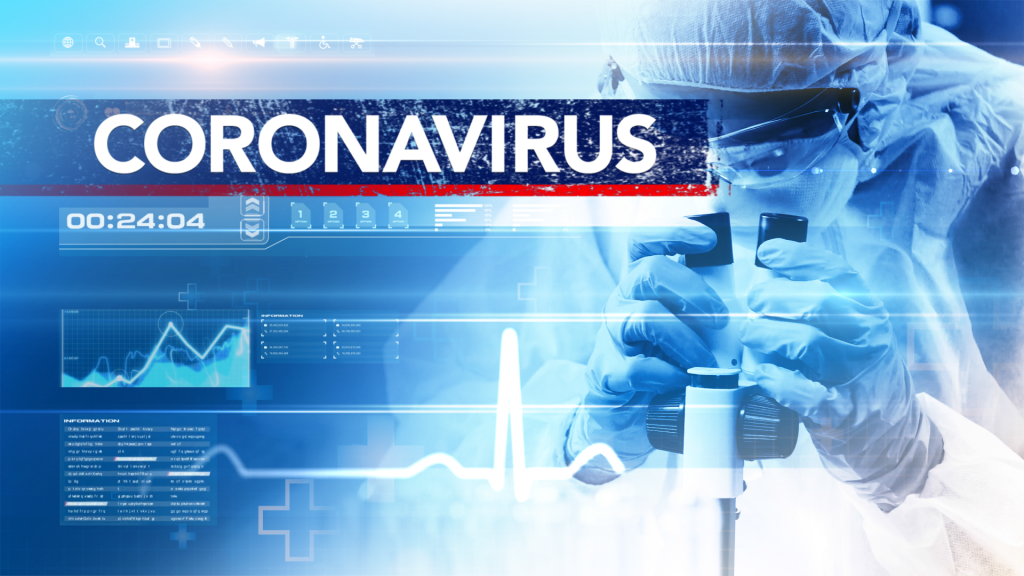CHAPEL HILL – Researchers at the University of North Carolina at Chapel Hill Adams School of Dentistry have launched a clinical trial to test whether the mouthwash can reduce a person’s risk of spreading the coronavirus.
Laboratory experiments have shown that mouthwash can quickly kill coronaviruses, but there is no evidence that mouthwash can prevent the virus from infecting people. The Adams School of Dentistry is investigating how mouthwash works to reduce the amount of coronavirus in the mouth of people with COVID-19 and whether it can decrease the chance of spreading the virus to others.
Here’s how the test will work:
- Prospective double-blind randomized trial to test the efficacy and acceptability of therapeutic antiseptic mouthwashes to inactivate severe acute respiratory syndrome (SARS-CoV-2) coronavirus in the saliva of positive COVID-19 patients aged 18-65 years.
- All mouthwashes are commercially available and will be used according to the label’s instructions.
- Patients will be randomized to a mouthwash and will be asked to provide a saliva sample immediately before and after a one minute mouthwash.
- Saliva samples will be collected from patients at intervals of 15 minutes from then until one hour (15, 30, 45 and 60 minutes).
- The samples will be stored and used for real-time detection of the reverse transcription polymerase chain reaction (RT-PCR) of the SARS-CoV-2 viral RNA and viral infectivity assays.
- Patients will also do a brief survey of the taste and experience of using the mouthwash.
- This study involves 480 participating subjects and a 75-90 minute visit.
The focus of his research is to find a way to decrease the risk of coronavirus transmission in situations where masking and being more than two meters away may not be an option, for example, during dental procedures.
“While we are excited about the reference data, the real test is whether these mouthwashes have an effect on patients’ mouth saliva and whether a rinse can reduce the risk of transmitting SARS-CoV2 (the virus that causes COVID-19) through oral drops, ”said principal investigator Laura Jacox, an orthodontist and researcher in oral health sciences who is director of the Orthodontic Research Program at the Adams School of Dentistry.
Specifically, the researchers plan to measure the amount of virus found in saliva before and after using mouthwash according to the label’s instructions. Adults who tested positive for COVID-19 in the past seven days are eligible to participate in the clinical trial.
As the mouth continuously produces saliva, samples will be collected and tested every 15 minutes, for up to an hour, to monitor how long any reduction in viral load and infectivity lasts.
Benefits can go beyond health care
The clinical trial will test commercially available mouthwashes that contain common antiseptic ingredients, such as cetylpyridinium chloride or ethanol.
“The study will allow us to determine which active ingredient in the mouthwash is most promising,” said Jacox. “Ideally, it is an ingredient that has already been approved by the FDA so that it can be put into use immediately.”
If proven effective, the mouthwash can be a tool to control the spread of COVID-19 at one of the main points of entry and transmission of coronavirus in the body. Preliminary results from a study conducted by the Adams School of Dentistry and the National Institutes of Health showed that the salivary glands, tongue and tonsils, in particular, are vulnerable to coronavirus infection.
COVID-19 commonly spreads during close contact, when an infected person coughs, sings, talks or sneezes.
“Using a mouth rinse is an easily implemented, low-risk, inexpensive intervention with the potential for high rewards,” said Jennifer Webster-Cyriaque, a professor at the Adams School of Dentistry and the Department of Microbiology and Immunology at the UNC School of Medicine. “The potential benefit can go far beyond dental care for educational settings and places of worship and help essential workers when close contact is inevitable.”
The results of the study are expected later this year. For more information on how to enroll in the test, call 984-363-6243 or send an email to [email protected].
